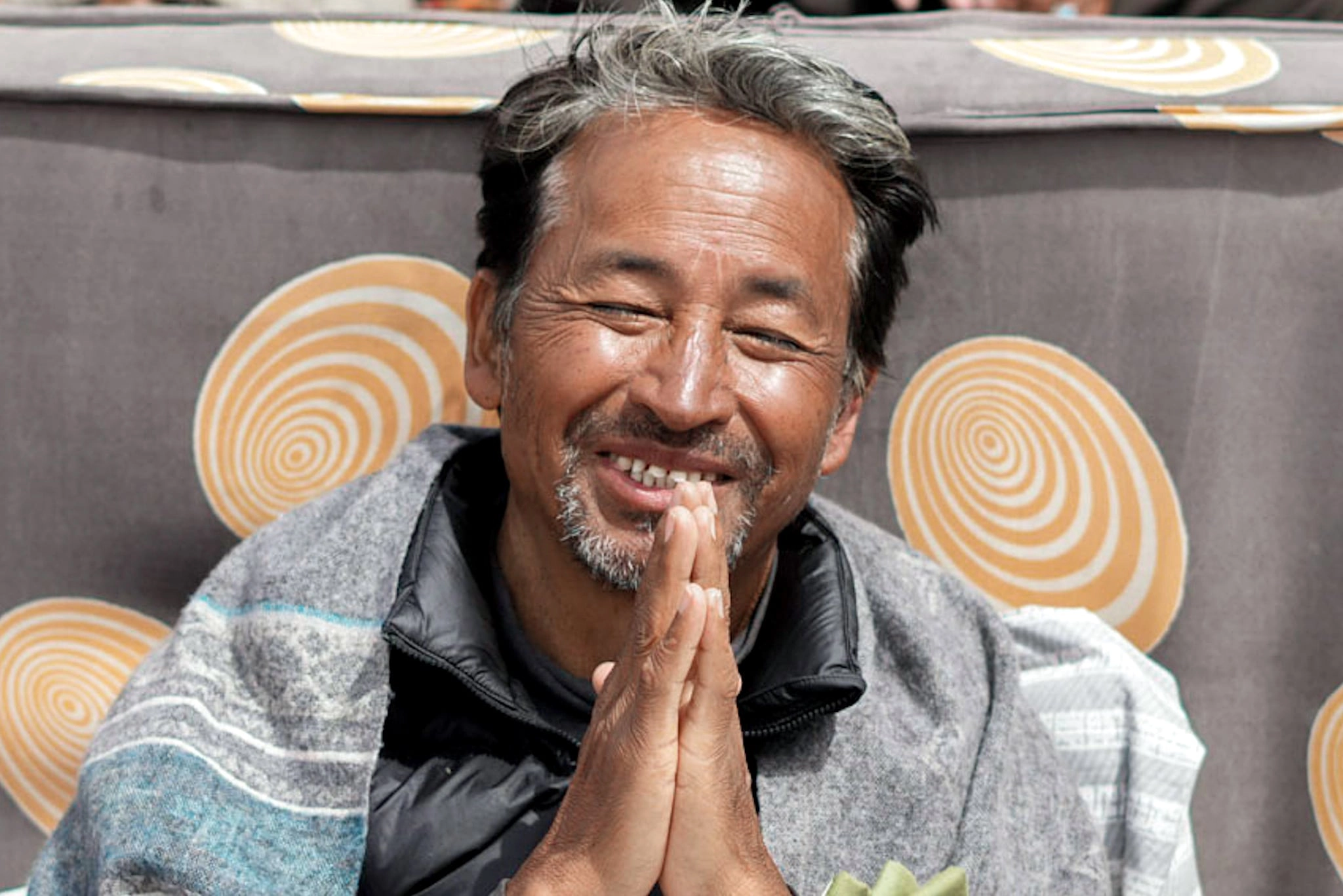In a recent revelation, a Pakistani minister has openly acknowledged that Pakistan has been involved in supporting terrorism, particularly in the context of its relationship with the United States and Western nations. This admission has sparked significant controversy and raised questions about the long-standing allegations against Pakistan regarding its role in fostering extremist groups. The minister’s candid remarks highlight a complex dynamic that underscores the geopolitical landscape in South Asia, where issues of national security and international relations often intersect with the realities of terrorism.
The minister’s statements suggest that Pakistan has, at times, engaged in what can be described as “dirty work” on behalf of Western interests, possibly in exchange for financial aid and military support. This acknowledgment not only undermines Pakistan’s official stance of combating terrorism but also complicates its relationships with neighboring countries and the international community. Critics argue that such admissions could further damage Pakistan’s already fraught image as a nation that has been accused of harboring and supporting militant groups.
Moreover, this revelation could have far-reaching implications for Pakistan’s internal politics as well. The acknowledgment of funding terrorism, whether directly or indirectly, puts immense pressure on the government to reassess its policies and align itself with a more transparent approach to combating extremism. The minister’s comments may lead to increased scrutiny from both domestic and international stakeholders, who may demand accountability and a clearer commitment to counterterrorism efforts.
As the global community grapples with the complexities of terrorism and the various actors involved, Pakistan’s admission may serve as a turning point in how the nation navigates its relationships with the West, especially in light of ongoing security challenges in the region. The dialogue around terrorism funding, state accountability, and international cooperation is more crucial than ever, as nations seek to develop strategies that address the root causes of extremism while fostering peace and stability in South Asia.




